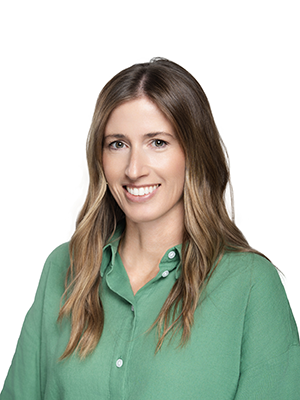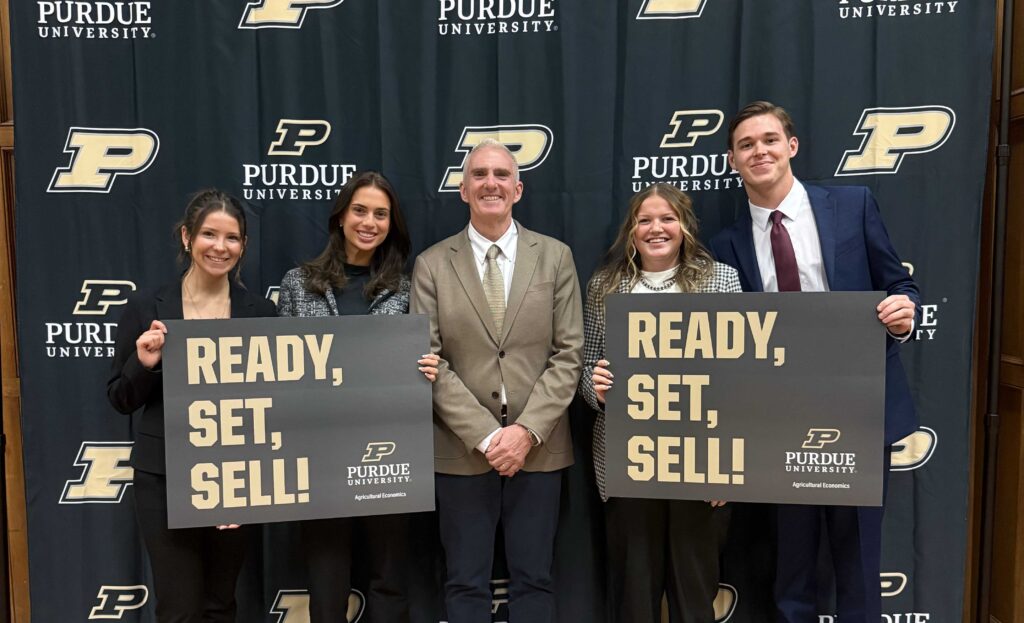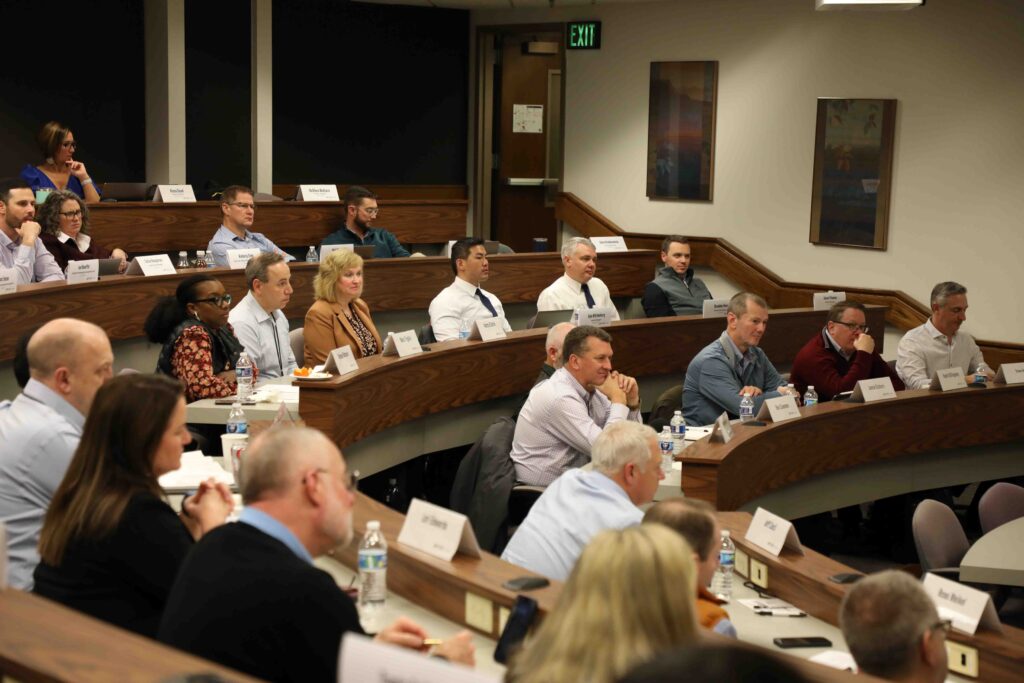When Dr. David Downey began teaching agricultural sales at Purdue University, he noticed something: students could memorize the steps of the sales process, but confidence and judgment only developed through practice. Reading about a sales conversation wasn’t enough. They needed to experience one.
To address that, Downey designed a teaching model that turned classroom lessons into real-world application. The concept was simple, but revolutionary: Students don’t just learn sales. They go out and sell.
That result was Ready, Set, Sell! – a semester-long experiential project that pairs students with professional salespeople in the agribusiness industry. Today, the model has been adopted and adapted by faculty at other universities. In many cases, the Ready, Set, Sell! name travels with it – a testament to the strength of the original idea and the impact it continues to have.
How the project works
Throughout the semester, students follow a structured process that mirrors how agribusiness professionals learn to sell:
- Select a real product.
Students choose a product within industries such as seed, equipment, crop protection or animal nutrition – something relevant and tangible. - Partner with an industry sales coach.
Each student finds and builds a relationship with a professional salesperson who serves as a mentor throughout the semester. - Observe real customer interactions.
Students spend time with their coach in the field. They watch sales conversations unfold, take notes and see how decisions are influenced by relationships, timing and listening. - Prepare for a final role-play.
The semester culminates in a scheduled sales conversation where students meet with an industry evaluator. They present their product, ask questions and work toward understanding the customer’s needs.
This structure gives students experience with every stage of the sales process – product knowledge, customer discovery, communication, handling objections and closing – long before they graduate.
The impact on student development
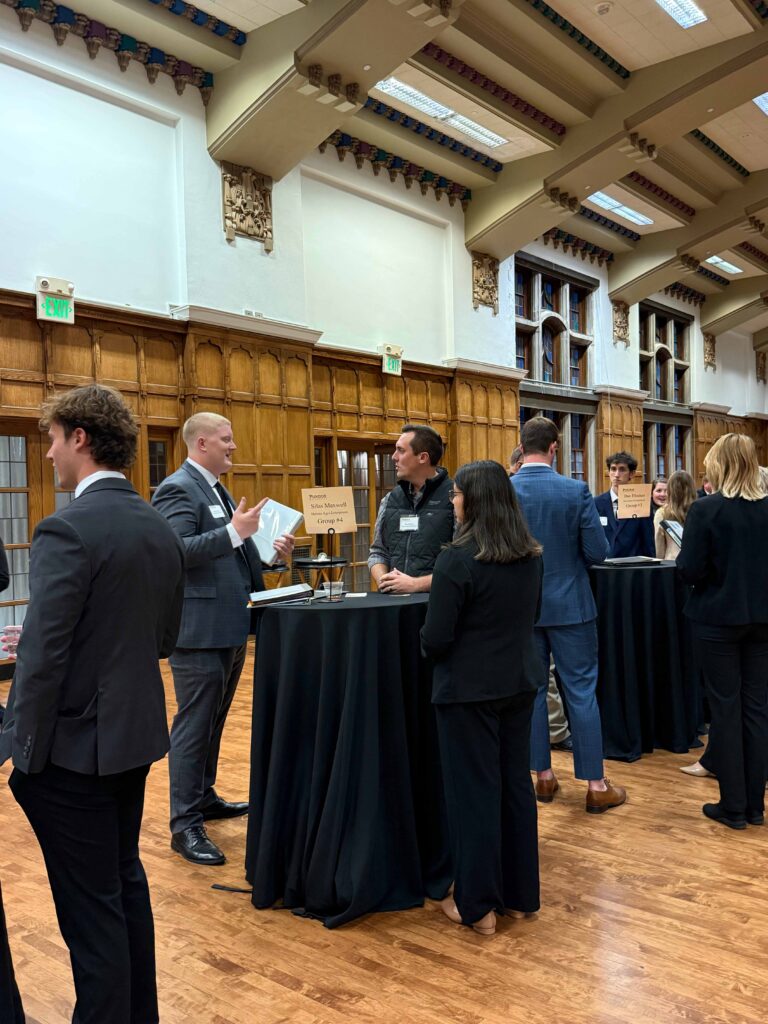
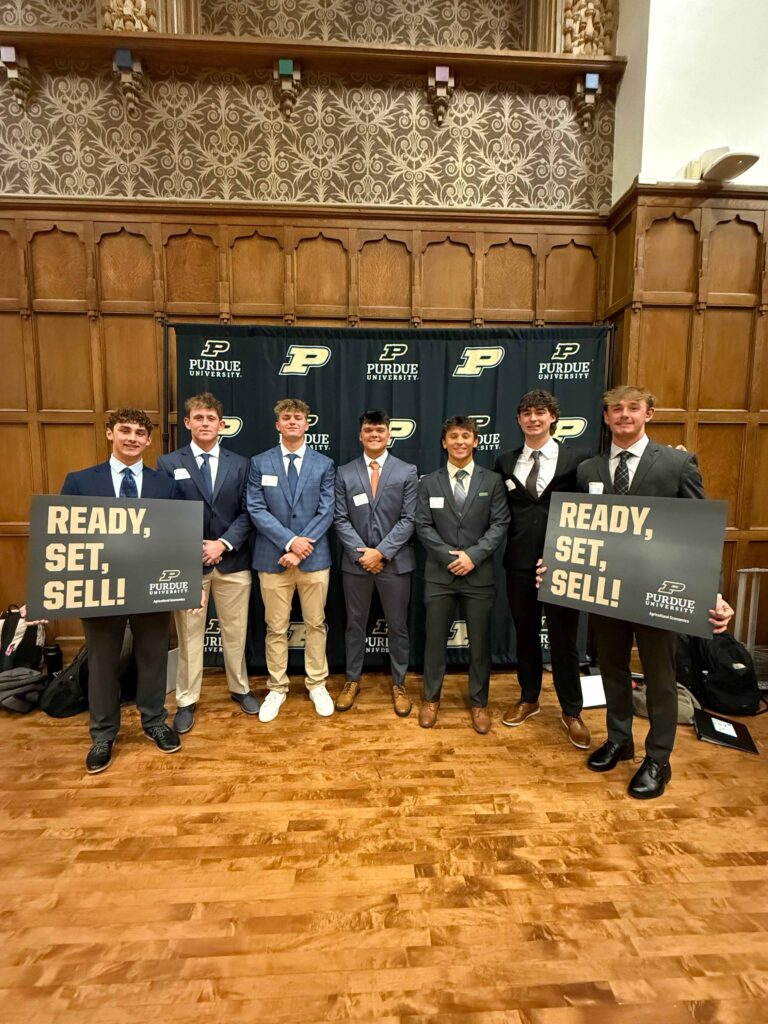
Students consistently report that Ready, Set, Sell! builds confidence more effectively than traditional classroom exercises. They gain:
- Professional networking experience
- Real feedback from salespeople actively working in industry
- A clearer sense of whether a sales or customer-facing career is right for them
Alumni frequently mention the project during interviews and cite it as a differentiator when applying for internships or full-time roles. For many students, the project becomes the first time they see themselves as capable professionals.
The impact on industry

Agribusiness companies also find value in participating. Sales coaches and evaluators often return year after year because the project introduces them to motivated potential hires. It becomes a natural way for companies to invest in talent development.
A teaching model that has spread
Other universities have adopted the Ready, Set, Sell! structure, and in several cases, they use the same name. That replication speaks to the strength and practicality of Downey’s original design.
The Center for Food and Agricultural Business continues to support this philosophy: learning is more meaningful when students work directly with industry.
What began as a single project in one sales class has grown into a teaching model that connects students and agribusiness professionals nationwide.
Continuing the legacy
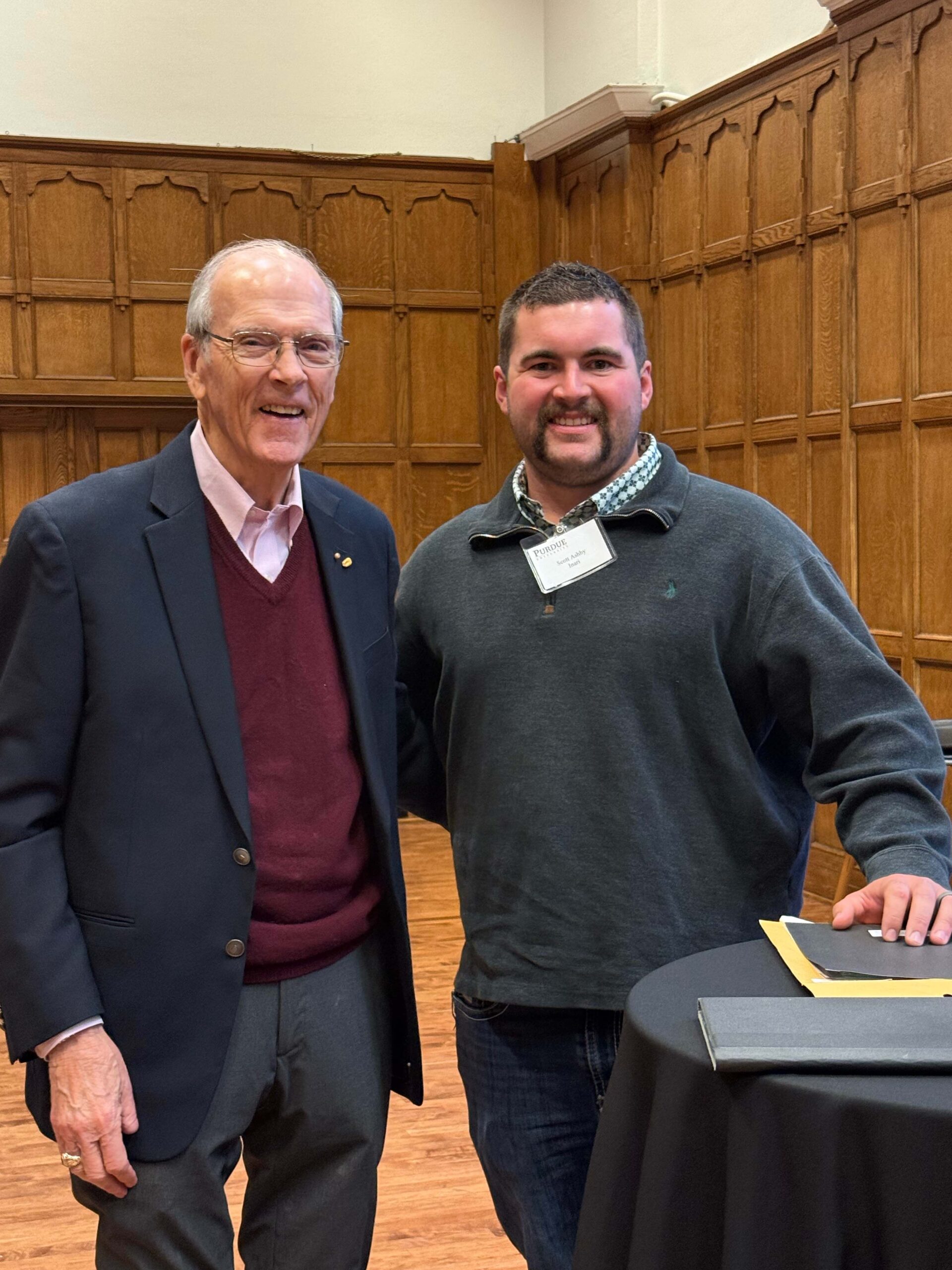 Ready, Set, Sell! reflects Dave Downey’s long-held belief that students should graduate ready for day one – not year three.
Ready, Set, Sell! reflects Dave Downey’s long-held belief that students should graduate ready for day one – not year three.
Reflecting on the program’s impact, Downey shared that when he meets alumni, they almost always recall their Ready, Set, Sell! experience in vivid detail. “They can immediately state the product they ‘sold’, how they felt at the time, and how it affected their careers,” he explained, adding that many even remember their coach’s name and company. “I can honestly say those conversations are one of the most personally rewarding memories of my teaching career.”
Purdue remains committed to maintaining this connection between education and practice, ensuring students learn not only what the sales process is, but how to apply it with real customers, real products and real stakes.
Interested in partnering as a sales coach, evaluator, or company participant? Contact Amy Cochran at cochrana@purdue.edu.

